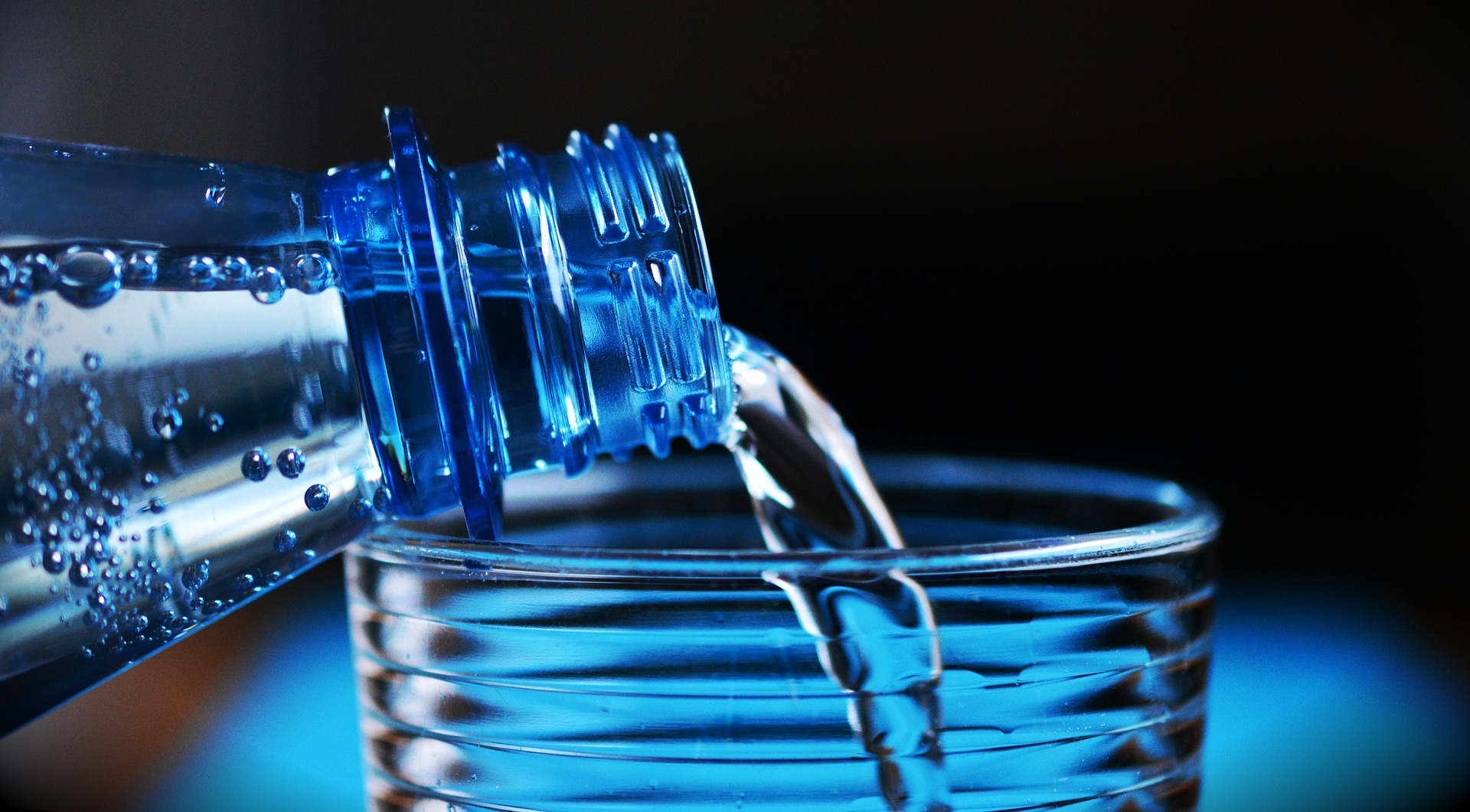Dehydration is a genuine concern for seniors, even as our hottest months begin to wind down.
Dehydration occurs when the body doesn’t have the necessary fluid within its cells and blood vessels. Fluids are lost through urination and sweating, primarily. Normally, the body replenishes fluid through what we eat and drink. But if an individual consistently loses more fluids than they take in, dehydration occurs. Seniors are more prone to dehydration because the body’s mechanisms become less efficient as we age. Senior citizens also experience reduced thirst signals.

Seniors also experience more dehydration due to other factors:
- Issues with urinary continence can make seniors reluctant to drink enough fluids
- Cognitive issues can cause seniors to forget to drink enough or to forget to ask for a drink
- Problems with mobility can make it challenging for older adults to get up to get something to drink
- Swallowing difficulties
- Vomiting, diarrhea, and other symptoms of illness can cause a fluid imbalance.
- Medications may also increase the risk of dehydration, such as diuretic medications.
Physical Signs that a Senior is Dehydrated
While the following symptoms are commonly associated with dehydration, it is important to note that these are not reliable ways to diagnose the condition in seniors.
- Dry mouth
- Dry skin in the armpit
- Rapid heart rate
- Low systolic blood pressure
- Dizziness and weakness
- Delirium (new or worse-than-usual confusion)
- Less frequent urination, dark-colored urine
- Sunken eyes
If you’re concerned that your senior loved one may be dehydrated, have them drink some fluids and watch to see if they improve noticeably within about 10 minutes. If they do, it may indicate that they were slightly dehydrated. But for an accurate diagnosis, laboratory testing of the blood is the best way to determine the situation. A medical evaluation for possible dehydration should also include a physical examination.
Is Dehydration Dangerous?
Aside from the symptoms listed above, there are other possible effects of dehydration.
- Weakness and dizziness can cause falls, especially in the elderly.
- People with Alzheimer’s or other forms of dementia may exhibit an additional decline in confusion or thinking skills.
- The kidneys become less efficient. In the most severe cases, acute kidney failure may occur.
- Constipation and kidney stones are also connected with being dehydrated.
How You Can Help
- Offer your senior loved one a drink often, preferably on a schedule if possible.
- Offer the types of beverages the person most likes to encourage more drinking.
- Concentrate on smaller, frequent drinks instead of trying to get them to drink a lot at one sitting
- Talk about and address any urinary incontinence.
Moderate dehydration, which cannot be treated by simply drinking extra fluids, is often treated with intravenous hydration in urgent care, the emergency room, or even the hospital. Some adult living residences can also provide fluid through a small IV needle. Severe dehydration may require additional intervention to support the kidneys and sometimes even requires short-term dialysis.
Speak to your physician if you or a loved one is concerned that dehydration may be an issue.
A Banyan Residence is an assisted living and memory care facility located in Venice, Florida. We are dedicated to providing a fulfilling, safe and healthy lifestyle to our residents. If you are looking for a senior living solution, give us a call today to set up an appointment for a tour.
